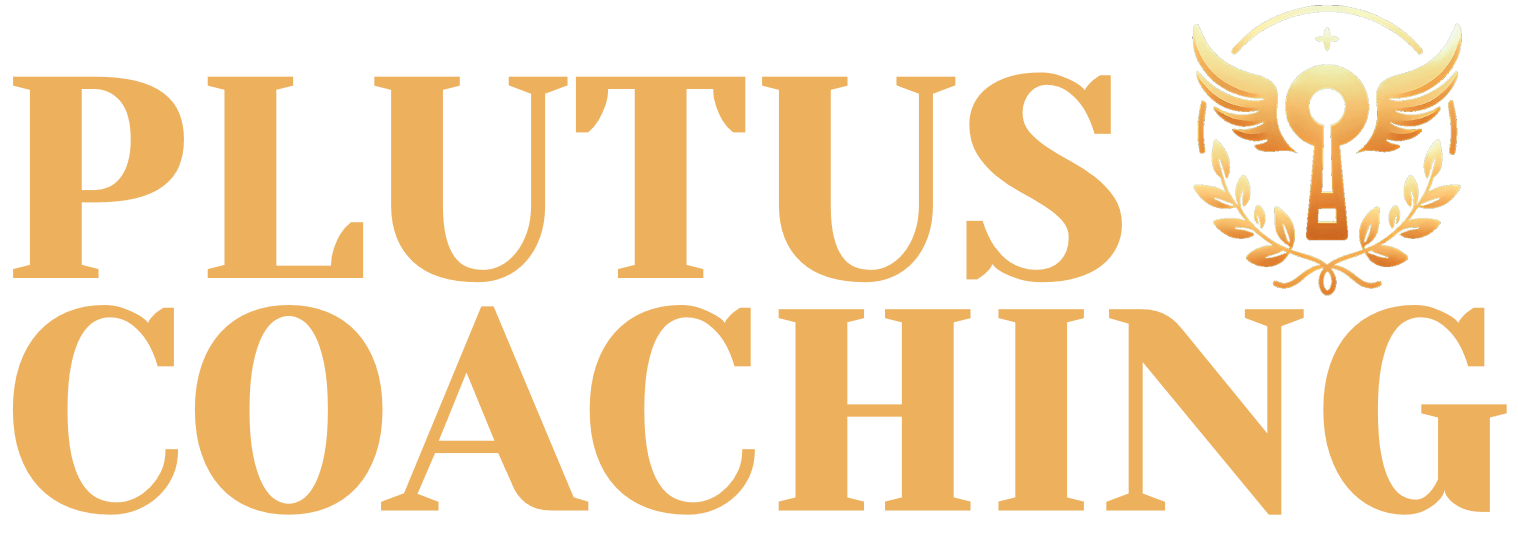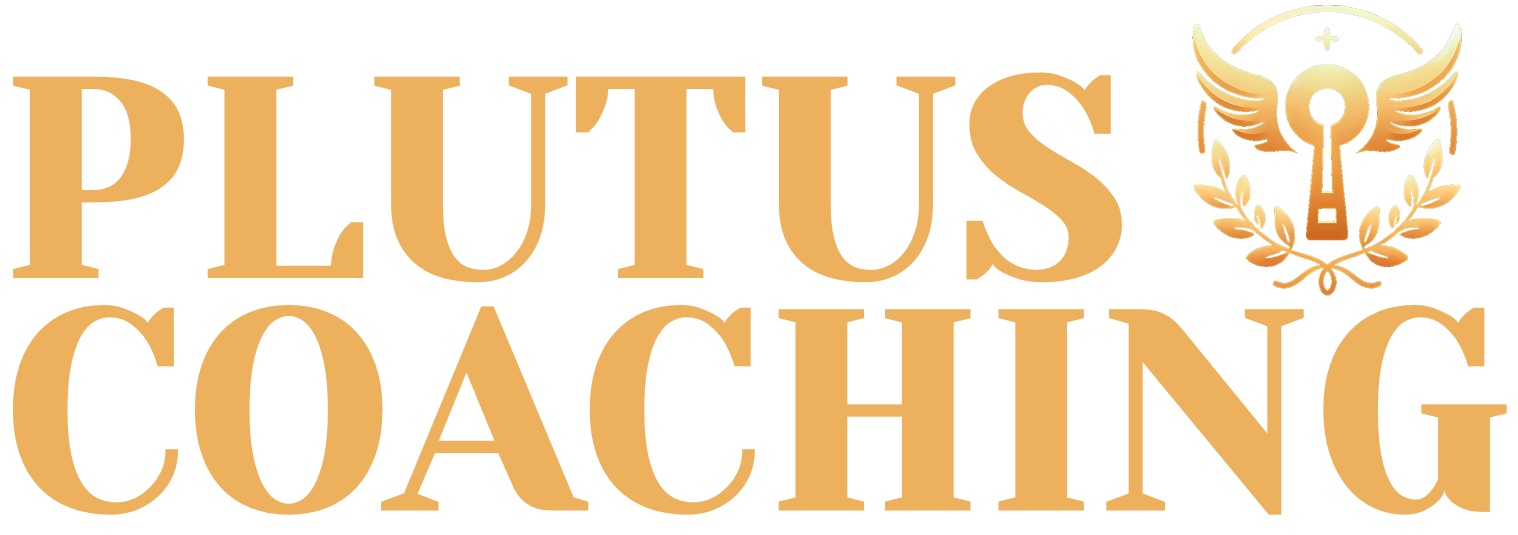In the fast-paced world we live in, it’s easy to get swept up in a whirlwind of emotions. From the highs of success to the lows of disappointment, our feelings can sometimes feel like an unpredictable rollercoaster. But imagine having the ability to understand these emotions, to harness their power, and to use them to your advantage. That’s the essence of emotional intelligence (EI).
EI isn’t about suppressing your feelings or putting on a brave face. It’s about recognizing what you’re feeling, understanding why you’re feeling it, and then choosing how to respond in a way that’s healthy and productive. Think of it as having an internal GPS for your emotions, guiding you towards better decisions, stronger relationships, and a greater sense of well-being.
When you develop your emotional intelligence, you open the door to a world of benefits. Your relationships flourish as you become more attuned to the feelings of others and better equipped to navigate conflict. Your decision-making improves as you learn to balance logic with intuition. And perhaps most importantly, you gain the tools to manage stress and anxiety, transforming those overwhelming feelings into manageable challenges.
At the heart of emotional intelligence lies the ability to manage your emotions. It’s about recognizing when anger is bubbling up and finding healthy ways to express it. It’s about acknowledging sadness without letting it consume you. And it’s about harnessing the energy of positive emotions to fuel your personal growth. In this journey of self-discovery, mastering your emotions is the key to unlocking your full potential.
Understanding Emotions
Emotions are the vibrant colors that paint our human experience. They are the subtle whispers and the roaring thunder that shape how we perceive the world and interact with those around us. At their core, emotions are complex physiological and psychological responses triggered by events, thoughts, or memories. They serve as our internal compass, signaling what matters to us, what we desire, and what we fear.
From the exhilaration of joy to the depths of despair, emotions span a vast spectrum. We experience primary emotions like happiness, sadness, anger, and fear as immediate, instinctive reactions. These basic emotions are universal, shared across cultures and easily recognized. But layered on top of these are secondary emotions, like guilt, shame, pride, and envy. These are more nuanced, often stemming from a combination of primary emotions and our thoughts about them.
The intensity of our emotions can ebb and flow like the tides. A minor annoyance can escalate into full-blown anger, while a fleeting moment of happiness can blossom into a day filled with joy. This variability is influenced by a multitude of factors, including our past experiences, personality, and even our physical well-being.
Our thoughts play a powerful role in shaping our emotional landscape. The stories we tell ourselves, the beliefs we hold, and the interpretations we make of events can trigger a cascade of emotions. A perceived failure can lead to feelings of shame, while a kind gesture can spark gratitude. This intricate connection between thoughts and emotions highlights the importance of cultivating a positive mindset, as it can significantly impact our overall emotional well-being.
Understanding emotions is the first step towards emotional intelligence. By recognizing the different types of emotions, their varying intensities, and the interplay between thoughts and feelings, we gain a deeper understanding of ourselves and others. This knowledge empowers us to navigate the complexities of the human experience with greater awareness and compassion.
The Components of Emotional Intelligence
Self-awareness is the foundation upon which emotional intelligence is built. It’s about tuning in to your own feelings, recognizing them as they arise, and understanding their underlying causes. Are you feeling stressed because of a looming deadline, or is it something deeper? By identifying your emotional triggers and recognizing patterns in your responses, you gain valuable insights into yourself and how you navigate the world.
Self-management, often referred to as managing emotions, is where the rubber meets the road. It’s about harnessing the power of your emotions, rather than letting them control you. When anger flares up, can you find healthy ways to express it without causing harm? When sadness washes over you, can you allow yourself to feel it without getting lost in its depths? Developing effective strategies for emotional regulation, such as mindfulness, deep breathing, or exercise, allows you to navigate life’s ups and downs with greater resilience. And remember, self-care is not selfish – it’s essential for maintaining emotional balance.
Social awareness, or empathy, is the ability to step into someone else’s shoes and understand their perspective. It’s about reading between the lines, picking up on subtle cues in body language and tone of voice. When a friend seems withdrawn, can you sense their underlying sadness? By cultivating empathy, you build stronger connections and foster a deeper sense of understanding in your relationships.
Relationship management is the art of navigating the complexities of human interaction. It’s about communicating effectively, resolving conflicts constructively, and building lasting bonds. Can you express your needs and boundaries clearly while also respecting those of others? By mastering relationship management, you create a positive and supportive social environment that enriches your life.
Strategies for Developing Emotional Intelligence
Developing emotional intelligence is a journey, not a destination. It takes time, effort, and a willingness to learn and grow. Here are some strategies to guide you along the way:
Practice mindfulness and self-reflection: Start by simply paying attention to your emotions throughout the day. Notice how your body feels, what thoughts are running through your mind, and what triggers certain emotional responses. Journaling or meditation can be powerful tools for delving deeper into your emotional landscape and gaining valuable insights.
Develop healthy coping mechanisms: When difficult emotions arise, turn to healthy outlets for expression and release. Exercise, deep breathing, and spending time in nature can all help to soothe your mind and body. Avoid unhealthy coping mechanisms like substance abuse, which may provide temporary relief but ultimately exacerbate emotional turmoil.
Improve communication skills: Effective communication is the cornerstone of healthy relationships. Practice active listening, where you truly focus on understanding the other person’s perspective. Assertiveness training can help you express your own needs and boundaries clearly and respectfully. And learn to express your emotions in a healthy way, using “I” statements to describe how you feel without blaming others.
Seek feedback from others: Sometimes, the most valuable insights come from those who know us best. Ask trusted friends or family members for honest feedback about how you handle your emotions and interact with others. If you’re struggling, consider seeking professional help from a therapist or coach who can provide guidance and support.
In the grand symphony of life, our emotions play a vital role. They add depth, color, and meaning to our experiences. But like any powerful force, emotions need to be understood and managed if we want to live fulfilling lives.
Developing emotional intelligence is not about becoming emotionless or suppressing our feelings. It’s about learning to navigate the complex terrain of our inner world with skill and grace. It’s about recognizing the power of our emotions and harnessing that power for good.
As we’ve explored in this article, emotional intelligence is a multifaceted skill that involves self-awareness, self-management, empathy, and relationship management. It’s a journey of self-discovery that can lead to improved relationships, better decision-making, and greater overall well-being.
So, take that first step today. Start paying closer attention to your emotions. Practice mindfulness, develop healthy coping mechanisms, and work on your communication skills. Remember, emotional intelligence is not a fixed trait. It’s a skill that can be cultivated and strengthened over time.
With dedication and practice, you can master your emotions and unlock your full potential. The journey may have its challenges, but the rewards are immeasurable. Embrace the power of emotional intelligence and watch as your life transforms into a masterpiece of self-awareness, compassion, and resilience.





